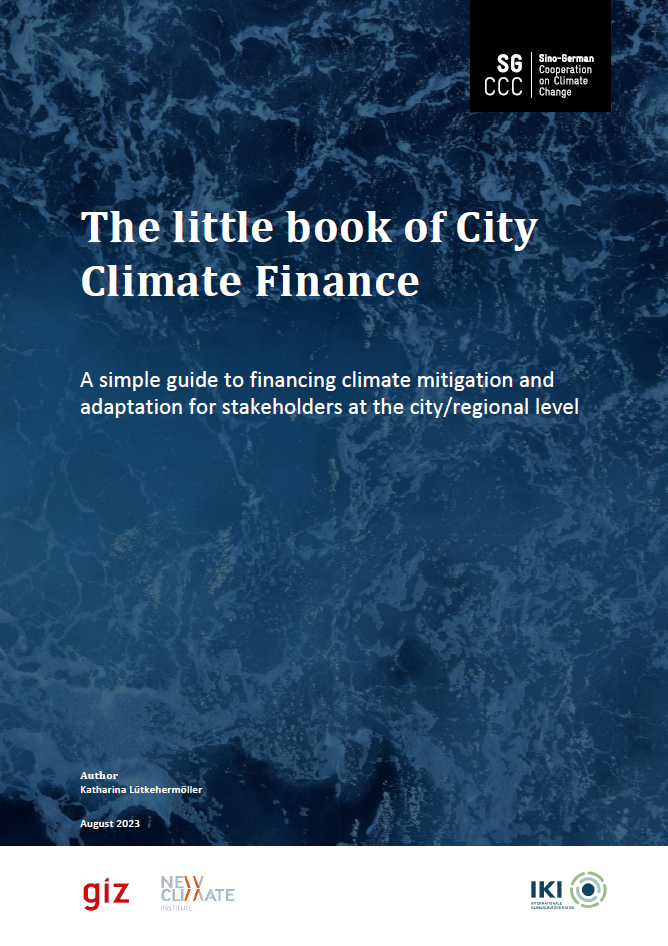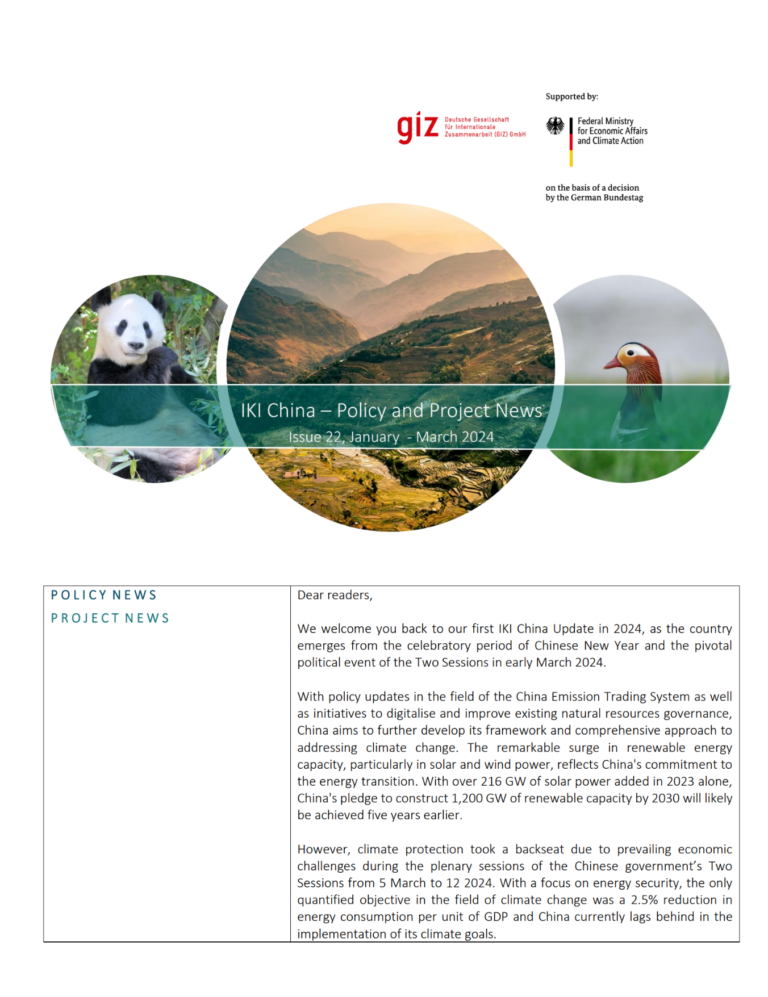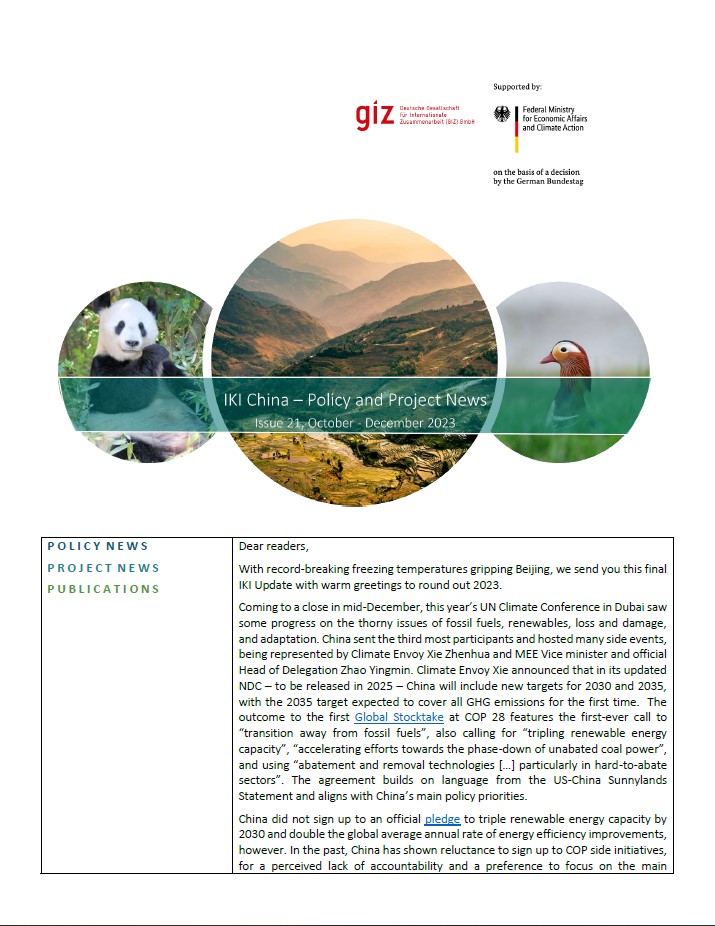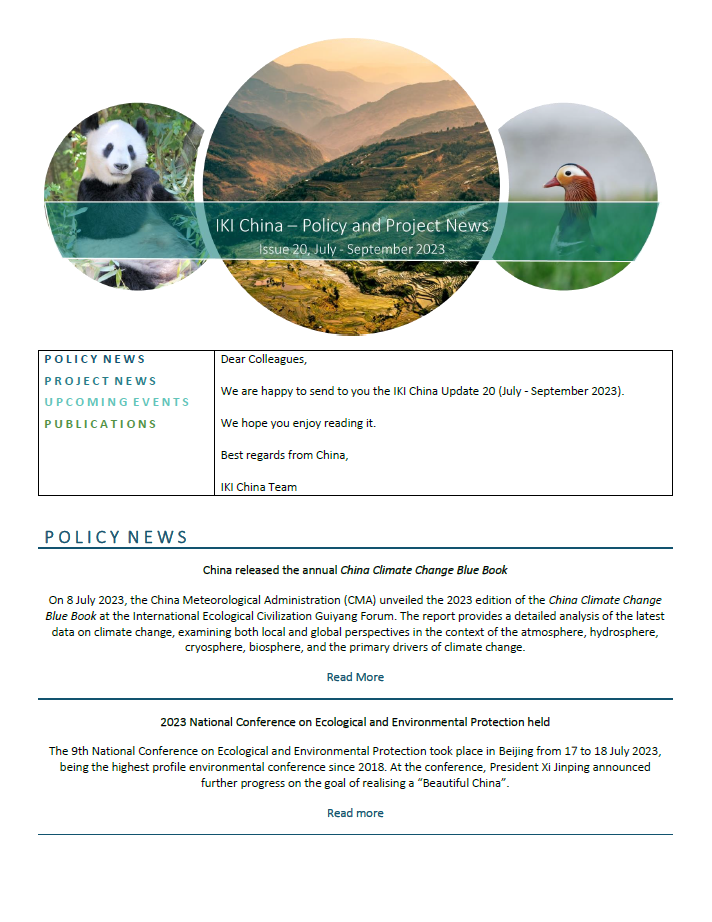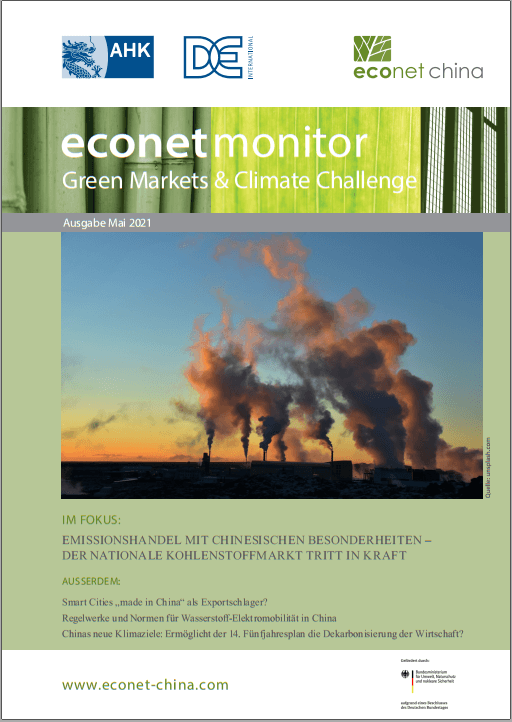Cities have a crucial role in achieving the goals of the Paris Agreement. 75% of global GHG emissions occur in urban areas, mostly in the buildings and transport sectors (UN environment programme, 2022). Global urban GHG emissions per capita continue to increase, and this trend is likely to rise further, as the global population is expected to increase to just below 10 billion by mid-century (UN DESA, 2022) and 58% of which are projected to live in cities (UN-Habitat, 2022). At the same time, extreme weather events due to climate change, such as excessive heat, rainfall, drought and flooding, are becoming more frequent in cities. Against the backdrop of high levels of urban debt and limited financial resources, effective climate finance will ensure the livability of cities and contribute to sustainable urban development.
Within the framework of the International Climate Initiative (IKI), the project “Sino-German Cooperation on Climate Change – NDC Implementation” has requested the climate finance expert from the NewClimate Institute (NCI), Katharina Lütkehermöller, to develop a Little Book of City Climate Finance. The aim of the handbook is to provide Chinese cities with a quick guide on financing climate change mitigation and adaptation, outlining how cities are affected by climate change and how they can develop key roadmaps to achieve their climate finance goals.
The development of a climate finance roadmap for cities requires a robust city climate action plan, which should include an inventory of urban GHG emissions and a urban risk and vulnerability assessment. The climate action plan should also identify short-, medium- and long-term climate investment themes, needs, and opportunities. The city climate finance roadmap should lay out how the city plans to achieve its climate investment goals and should contain a pipeline of bankable projects based on the city’s investment priorities and long-term climate objectives. In addition, the expected costs, financial targets, and climate benefits of identified projects should be clearly stated, and potential funding sources and strategies should be listed to facilitate active participation and regular communication between public and private sector investors. This will help to build trust among relevant participants and reduce project risks.
